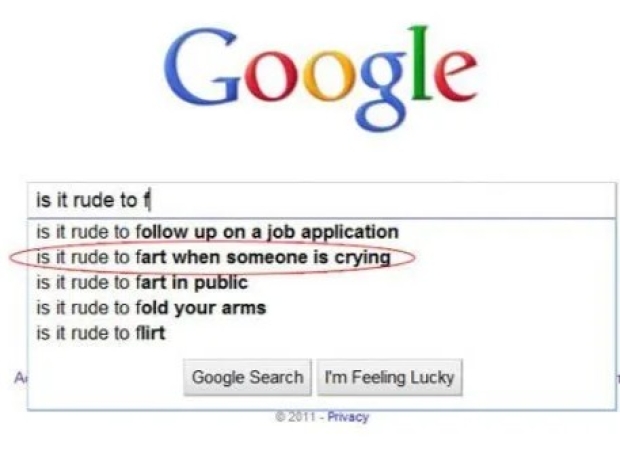Net income jumped 19 per cent to $28.2 billion in the second quarter, smashing the cocaine nose jobs of Wall Street’s forecasts of $26.6 billion.
Google’s search and advertising behemoth still delivers. Revenue there climbed 12 per cent to $54.2 billion, comfortably beating the nine per cent growth analysts expected. Meanwhile, cloud computing revenue surged nearly a third, forcing the company to throw another $10 billion at AI infrastructure, taking total spending this year to a jaw-dropping $85 billion.
Turns out ChatGPT and Anthropic’s Claude haven’t dented Google’s grip on search. It still handles about 90 per cent of online queries, generating 56 per cent of Alphabet’s revenue. Fears that AI-powered “overviews” would cannibalise ads have fizzled.
Alphabet chief executive Sundar Pichai: “Our new AI experiences significantly contributed to an increase in usage. Users search more as they learn that it can meet more of their needs. That’s especially true for younger users."
AI mode, launched in May, has already clocked 100 million monthly users in the US and India. AI overviews, which give direct answers instead of a list of links, boosted search traffic by 10 per cent and reach two billion users. Google is already slipping ads into these AI answers, and chief business officer Philipp Schindler says monetisation is “approximately the same rate” as traditional search ads.
Gemini, Google’s chatbot app, is also picking up steam, with 450 million monthly users, up from 350 million in March. Still, it lags behind ChatGPT’s 600 million-plus user base, a reminder that Pichai’s slow rollout gave OpenAI time to steal the spotlight.
Alphabet’s overall revenue hit $96.4 billion, up 14 per cent and above expectations of $94 billion. Cloud revenues leapt 32 per cent to $13.6 billion thanks to the booming demand for data centres to train and run AI models. Pichai said the cloud business is on track for $50 billion this year, though it still trails Microsoft and Amazon by miles.
Capital expenditure almost doubled to $22.4 billion from $13.2 billion last year, with AI data centres, servers and custom chips swallowing cash. Google’s AI infrastructure spend this year will hit $85 billion, up from $53 billion in 2023.
CFRA analyst Angelo Zino praised the move, saying, “We are encouraged by the results and like Google’s leading-edge AI infrastructure.”
Investors, though, are twitchy about such massive outlays with no instant payoff. The Big Tech pack is in an AI arms race, with Morgan Stanley forecasting industry-wide spending to reach $325 billion this year and balloon to $392 billion by 2026.
At the same time, Google is battling a talent war, forced to shell out hundreds of millions in pay packages to stop AI engineers defecting to rivals like Meta.
Alphabet shares ticked up two per cent in after-hours trading, enough to drag them back into the black for the year after an April slump triggered by Trump’s revived trade war spooking investors.
But looming antitrust trouble could wipe the grin off Pichai’s face. Google has already lost three monopoly cases on search, ads and its app store. A federal judge will soon decide the punishment, which could see Chrome lose its cushy default search deals, Google forced to share more user data with rivals, or even flog off its ad exchange.




